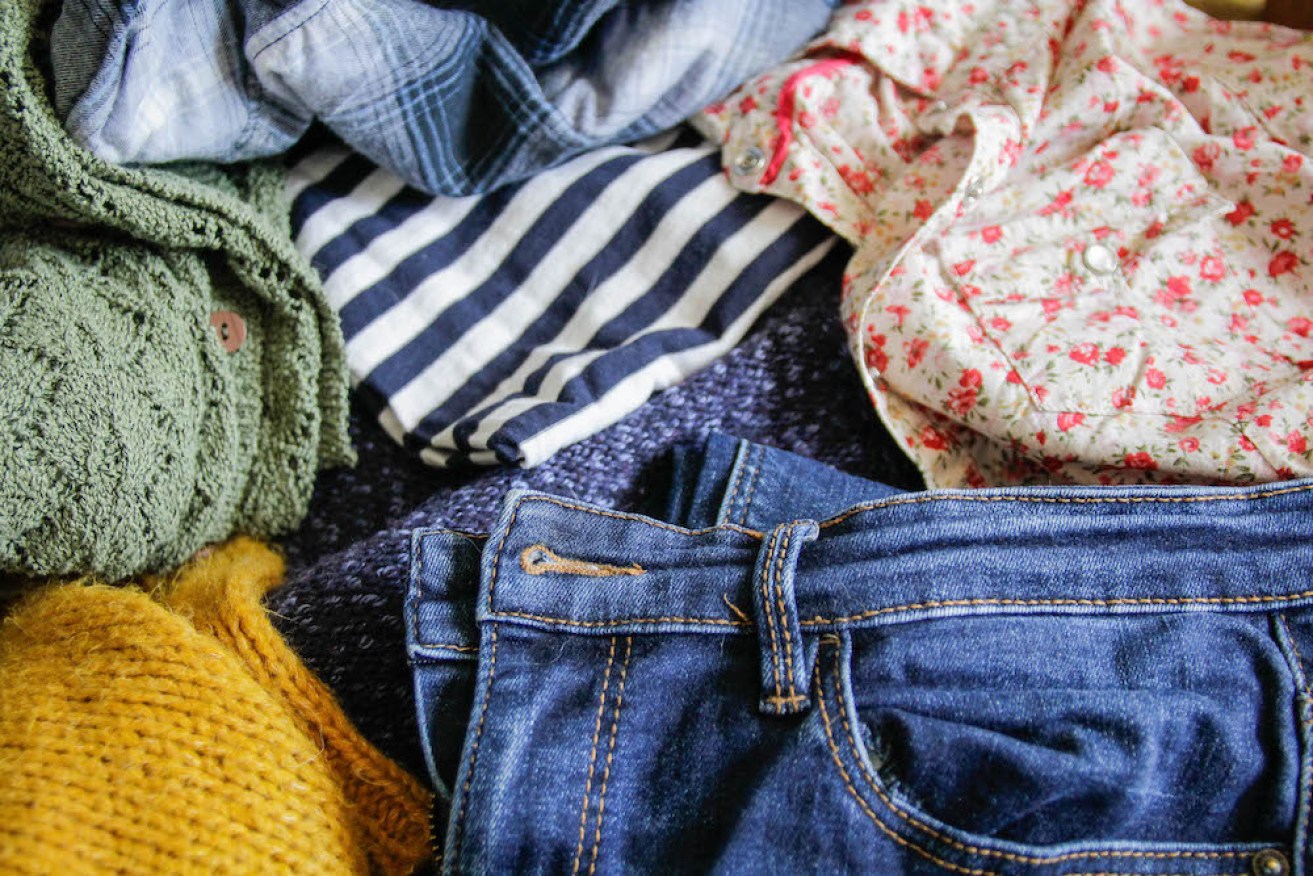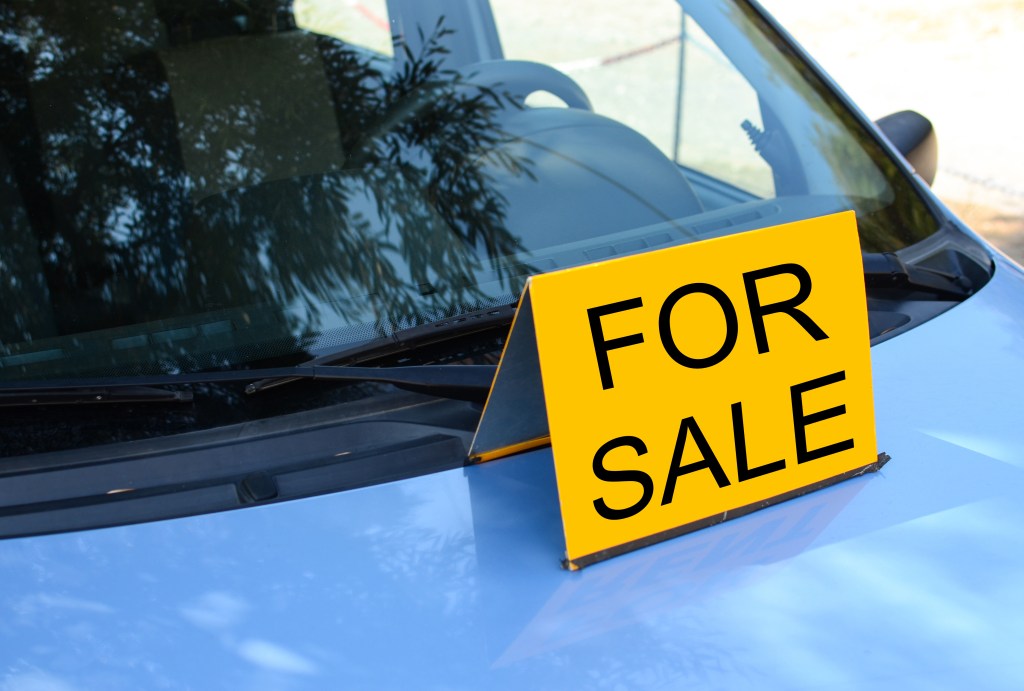Sellers offering second-hand goods fall victim to scams


Scammers have their eyes on second-hand sellers. Photo: Getty
Online scams don’t just come in the form of dodgy links in emails and text messages, but also in marketplaces selling second-hand goods.
Dave, who did not want to use his real name, had made purchases via Facebook Marketplace in the past, so when it was time to clear out the garage he decided to post a few unwanted items on the platform.
Initially, he was delighted when within a few minutes of his posts going live, enquiries began to flood in.
That changed when he discovered that the dozens of messages asking to buy his various goods bore some puzzling, and troubling, similarities.
“First off I thought it was great. People wanted to buy my stuff and weren’t even haggling over the prices I asked,” Dave told TND.
“But then they all started asking for the same thing and I noticed the wording of the inquiries was pretty much the same.
“Do I take PayID? Can they send a family member to pick it up? And they all said they needed my email for their PayID to work, which didn’t make any sense.”
Before passing on his email address or other details, Dave decided to get a second opinion from Google.
“I typed in the script that they had been using and the ‘PayID scam’ immediately came up.”
Luckily, Dave didn’t end up getting scammed, but he is among the 15 per cent of Australians who were almost swindled, according to new research from Finder.
The survey also found 10 per cent of Australians had been duped when trying to sell their second-hand items, five per cent had been scammed once, while 5 per cent had been scammed multiple times.
Money expert at Finder, Angus Kidman, said there was reason for concern surrounding scammers targeting people trying to sell their second-hand goods.
He said there are a lot of people who are currently “doing it tough” and are selling off items to get some spare cash.
“But instead of a cash injection, unsuspecting Aussies are falling victim to fraudsters.
“No matter what type of stuff you’re selling – whether it be video consoles or caravans – criminals will try to take advantage of sellers.”

People need to be careful, no matter what they are selling. Photo: Getty
How to avoid getting scammed
There are some red flags you should look for when approached by a fishy buyer on a second-hand marketplace.
Just as a scammer tried with Dave, offenders will often urge sellers to accept payment through PayID, Kidman said.
Then they will ask if they can arrange for a “relative” to pick up the item.
“Never divulge personal information and never click on a link sent to you in text or email associated with the sale as it could be a virus or worse,” he warned.
According to consumer group Choice, scammers won’t usually try to haggle and get the price down or ask to inspect it. Instead, they will swoop in and try to purchase it.
If you are selling something through a social media platform, like Facebook Marketplace, it doesn’t hurt to suss out the potential buyer.
Click on their profile to see if it is legitimate or if they have any ratings as a buyer.
Some scammers might attempt to convince sellers they somehow transferred too much money and request for the difference to be sent back their way.
Kidman warns this is “always a scam”.
“Accepting cash only on collection in a public place is one way to ensure you don’t get scammed,” Kidman said.








